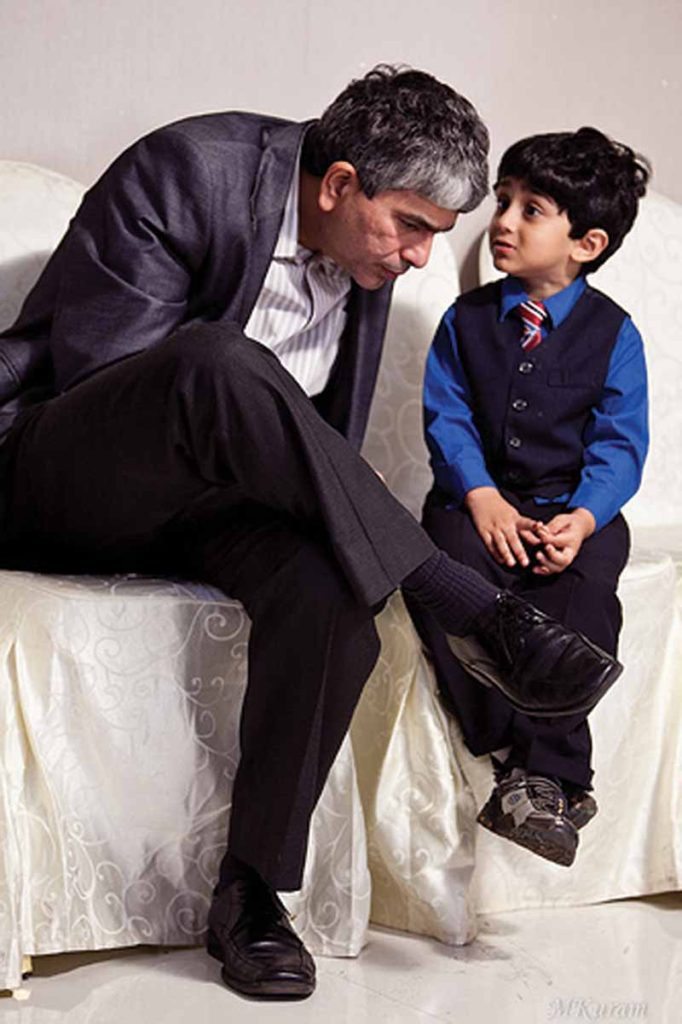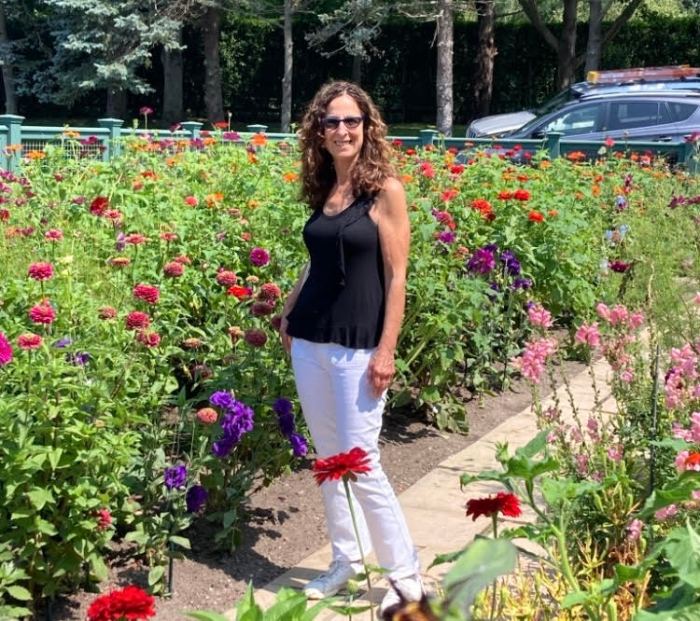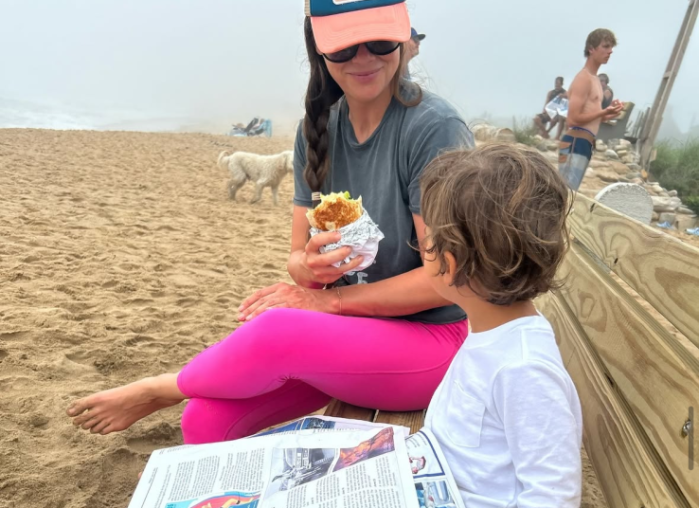 Living or working with teenagers can be unsettling and disorienting, even when you think you have it all figured out. Teenagers will spare no time reminding you that, as an adult, you are not a part of their world.
Living or working with teenagers can be unsettling and disorienting, even when you think you have it all figured out. Teenagers will spare no time reminding you that, as an adult, you are not a part of their world.
I am reminded of a quip attributed to Mark Twain: “When I was a boy of 14, my father was so ignorant I could hardly stand to have the old man around. But when I got to be 21, I was astonished at how much the old man had learned in seven years.”
Having worked with countless teenagers for more than 40 years and having raised two of them, I discovered early on that whatever world I occupied outside of their presence with my professional reputation and credentials, is meant little to the kids I worked with or, for that matter, to my own kids.
Decades ago I found something that one of my sons, then about 10-years-old, wrote about me in school. The heading on the page was, “My Dad.” Naturally, I read on with great anticipation and a swelling sense of self-importance. Underneath the title he wrote, “My dad is 6’1″, bald, wears glasses, and busts my chops. He likes dogs. My dad has brown eyes and brown hair, at least what’s left of it. He’s a social worker.”
The kids I’ve worked and lived with invariably drew their conclusions about me as they got to know me. In turn, I drew my conclusions about them as I got to know them, despite what might be called their credentials, that is—the often-negative labels assigned to them. It is important to recognize the difference between the way in which young people are viewed and classified by others, and their own experiences and perceptions.
Assuming a stance of uncertainty is one way of saying how important it is for us to be open and reflective, to listen intently to the kids we see; only then can we think more deeply and see outside the box.
One of my colleagues, Camille Roman, tells a story about growing up in an economically deprived and chaotic family and how desperately she struggled as a teenager to be heard, and how no one was ever listening. During one particularly troubling and heated exchange at a holiday gathering, Roman, whose family is from Puerto Rico, recalled, “My face apparently betrayed my fear and confusion to an elderly aunt who was secretly thought to be a witch. Tia Mercedes turned to me with her soft face and wise eyes and whispered, ‘when your tongue is silent, only then can you hear.’”
Roman said, “My tia was telling me that something else was going on here, and if I didn’t get caught up in the noise then maybe I could understand and make sense of the chaos, and it would be less frightening and I would not feel so powerless.” And so this powerful bit of homespun advice became a life lesson for her in her work as a social worker and, I think, a powerful insight for all of us.

Andrew Malekoff is the executive director of North Shore Child & Family Guidance Center, which provides comprehensive mental health services for children from birth through 24 and their families.
Visit www.northshorechildguidance.org for more information.




























